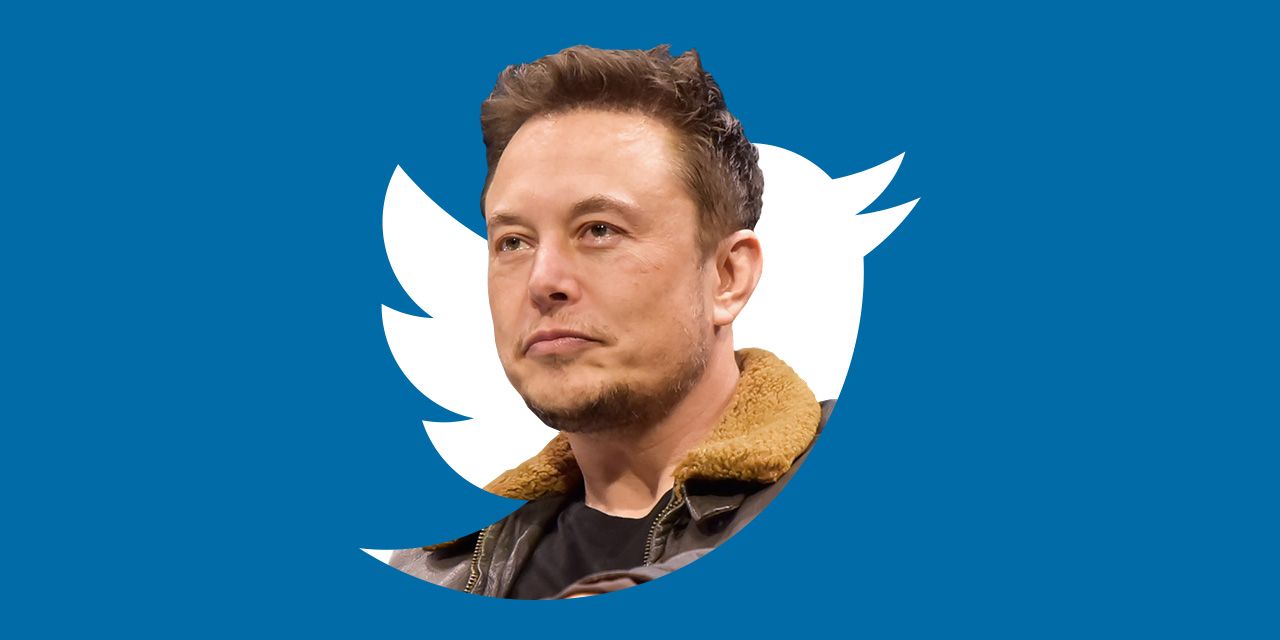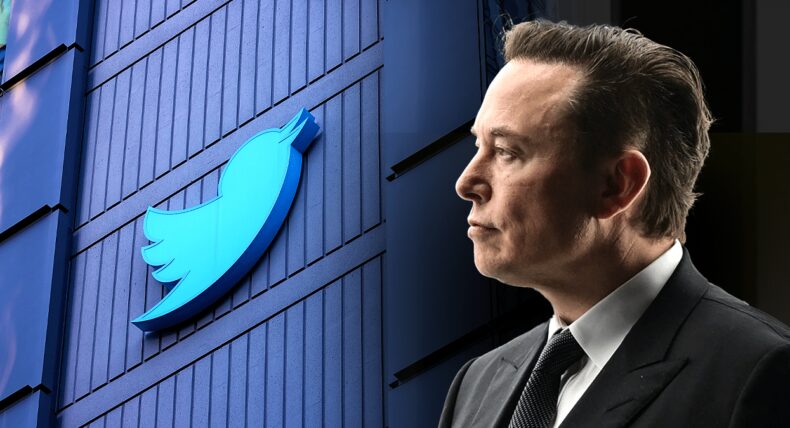Elon Musk, CEO of Tesla, made a proposal to purchase Twitter on Tuesday for the originally agreed-upon $44 billion price, bringing the tumultuous narrative of his on-again, off-again acquisition of the firm to an end.

Weeks before the commencement of a bitter legal battle over his attempts to back out of the transaction, Elon Musk on Tuesday offered to move forward with the purchase of Twitter at the originally agreed-upon price.
In a filing with the Securities and Exchange Commission, the richest man in the world said that he wrote Twitter a letter promising to uphold the agreement. The most recent development in the protracted saga occurred before the high-stakes trial called for by Twitter in an effort to hold the Tesla CEO accountable for the agreement he signed in April.
Following rumors that Elon Musk will move on with his $44 billion proposal to acquire the company after months of legal disputes, trading in Twitter shares was suspended. Musk had earlier proposed paying $54.20 to acquire the San Francisco business. Before trading ceased, shares increased by over 13% to $47.95.
After acquiring 9% of Twitter’s shares, Musk originally made a hostile offer, which the firm eventually accepted in late April. He then made an attempt to back out, declaring in May that the agreement was postponed while he awaited information regarding the number of spam bots using the platform. The bot issue was a façade, as this column had previously explained: Twitter had always issued warnings about bots on the network, and Musk had even stated when the transaction was announced that he intended to address the issue.
Similar to WeChat, Musk intends to build X as a super app that combines messaging, social networking, payments, and a lack of dependency on ad revenue.
Although the Tesla CEO did not go into additional detail about “X” or the services it would offer, it is clear that he intended to fight his project against competitors like WeChat and TikTok.
Twitter had been working to dissect Musk’s attempts to get the help of outside data scientists to support his worries, which was Musk’s main justification for ending the agreement that Twitter was misrepresenting how it evaluated its “spam bot” problem.
On Twitter, where numerous events in the disagreement have been discussed, neither Musk nor Twitter CEO Parag Agrawal has posted anything about the agreement. The polarising idea Musk made to stop Russia’s invasion of Ukraine has been the subject of many of his tweets in the last 24 hours, angering Ukrainian President Volodymyr Zelenskyy.
Ives predicted in an interview with MarketWatch that the purchase would be finalized in seven to ten days, but now that Musk has decided to give up his foolish posturing, he may be able to acquire Twitter in as little as a week. While Twitter staff members who own stock will rejoice in receiving a sizable premium for their shares, the rest of their future is uncertain at this time.
Twitter’s stock has been on a rollercoaster in recent months as a result of the acrimonious acquisition. It spiked to $54.57 in April as the deal seemed to be closing, then it dropped to $32.52 in July when Musk sent a termination letter in an effort to withdraw the buyout offer. When Twitter’s lawsuit to compel Musk to finalize the transaction went before a judge last month, the stock recovered once more.
Tesla was recently trading up 1.6% at around $246, a significant decline from its previous high of $257.50.
As of midday, over $16 billion worth of Tesla shares had been traded, which is almost 15% of total Wall Street activity.
Since Elon Musk decided to purchase Twitter, there has been pressure on Tesla’s price as investors worry about how many of the automaker’s shares Musk may have to sell to pay for the acquisition.













